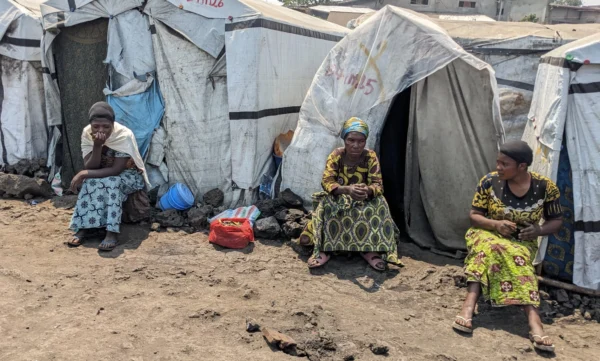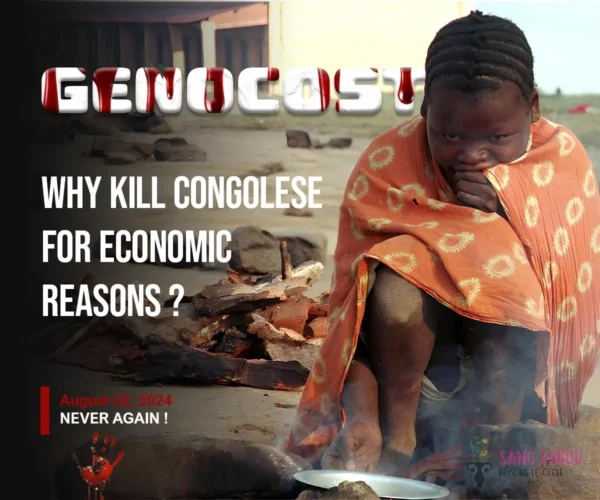September is Cervical Cancer Awareness Month, Ovarian Cancer Awareness Month and Polycystic Ovarian Syndrome Awareness Month. For the closing of this month, we have chosen the theme “The Importance of Early Detection” because the majority of diseases related to menstrual abnormalities are insidious.
Regarding cervical cancer, it is estimated that there are 3500 new cases per year in the DRC and only in Kinshasa. 99% of these are fatal. Cervical cancer is the 4th leading cause of death in women and accounts for 90% of deaths in women living in low-income countries. However, it is a preventable cancer when detected early.
- Ovarian cancer is silent in nature and is often discovered when the disease is already advanced.
- Polycystic ovarian syndrome is not very common and difficult to diagnose. Hence the importance of early detection.
During this day, more than 50 people were sensitized on cervical and ovarian cancer which are the abnormal, anarchic and disordered multiplication of cells. Indeed, the main cause of cervical cancer is the Human Papilloma Virus infection which leaves cancerous lesions once introduced in the woman’s body.
The risk factors for contracting this virus are: irresponsible sexuality, lack of information about the disease, risky intimate hygiene.
Clinical signs to detect cervical and ovarian cancer: Pain in the lower abdomen, Abnormal bleeding, Contact bleeding, Abundant and foul-smelling vaginal discharge, Menstrual disorders (Ovarian cancer).
For the prevention of this virus, Vaccination is Important, but also regular screening (Papilloma smear) and early management remains the favorable means to be saved from these diseases.
Cervical and ovarian cancer are a public health problem that should require the involvement of all (Health care workers, intellectual population in general and the government) for a certain future in a relentless fight against the disease because, the earlier there is screening we can save lives and improve living conditions. We are here to help the young girl, but much more the disadvantaged.
NGO Sang Tabou




